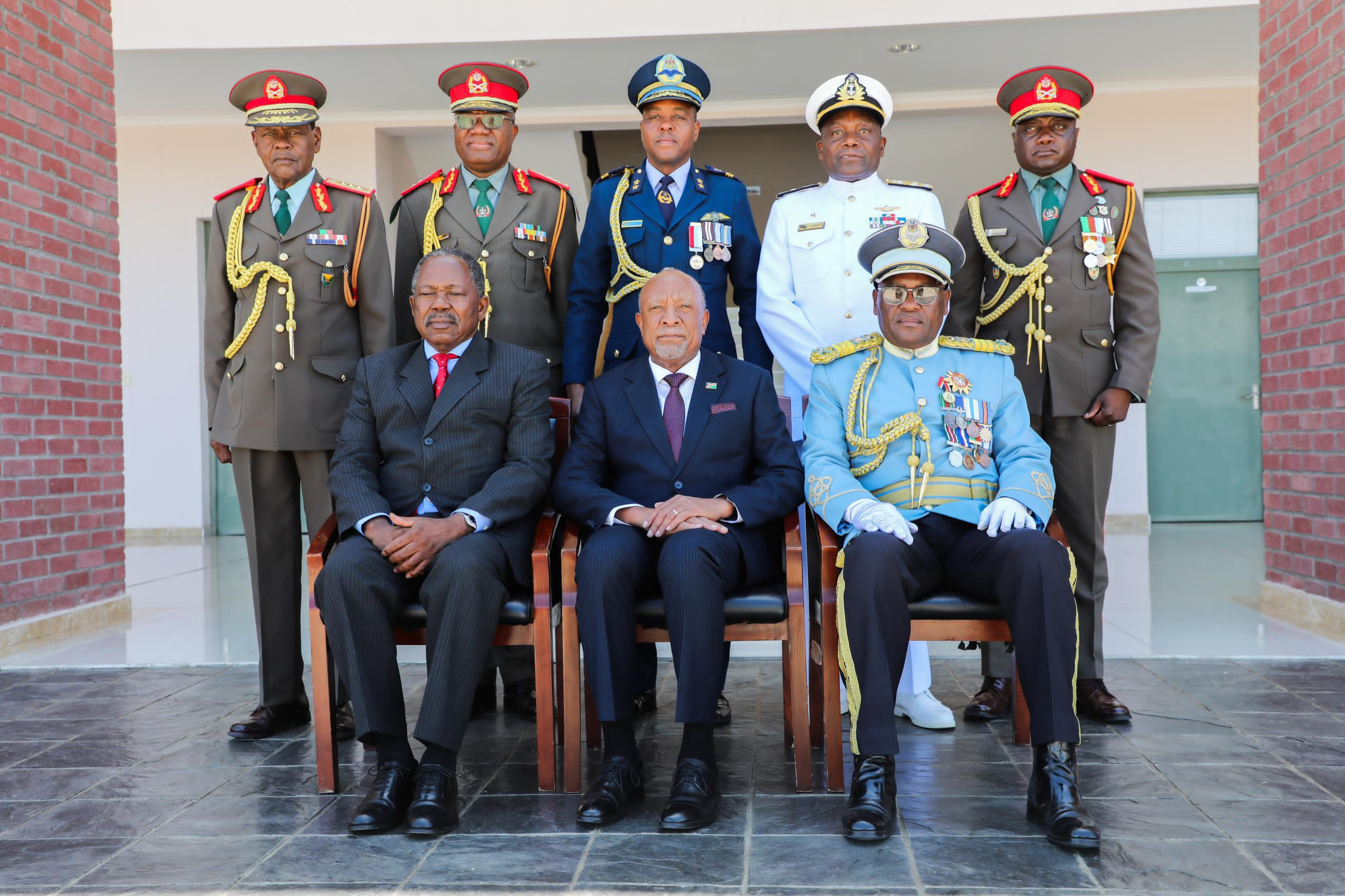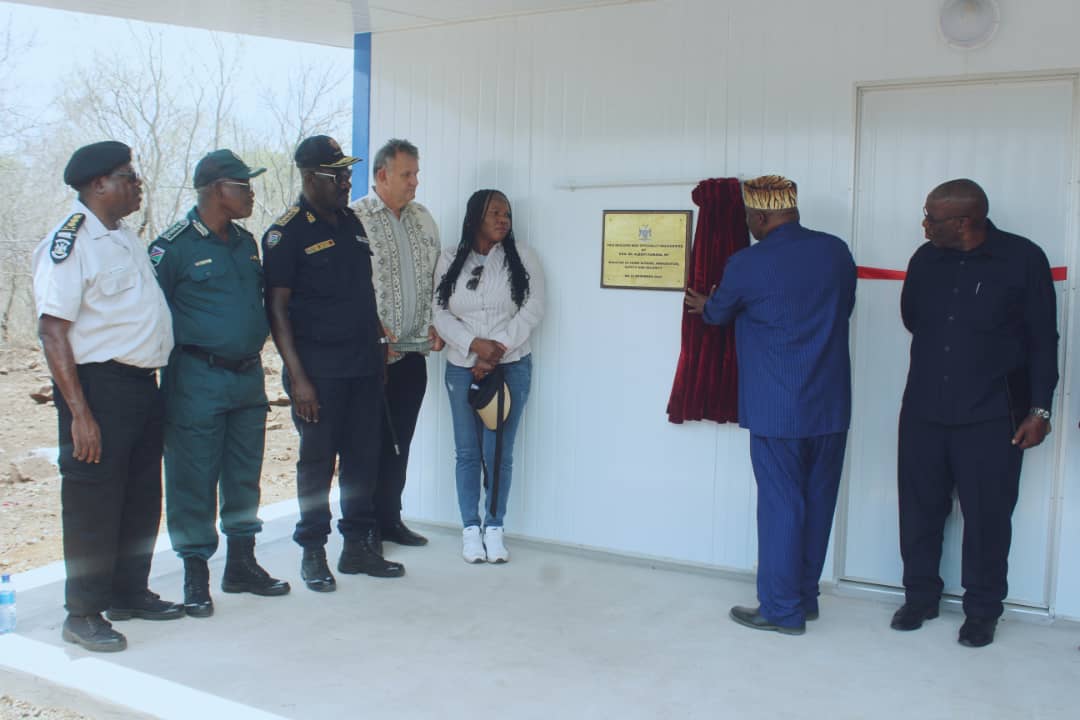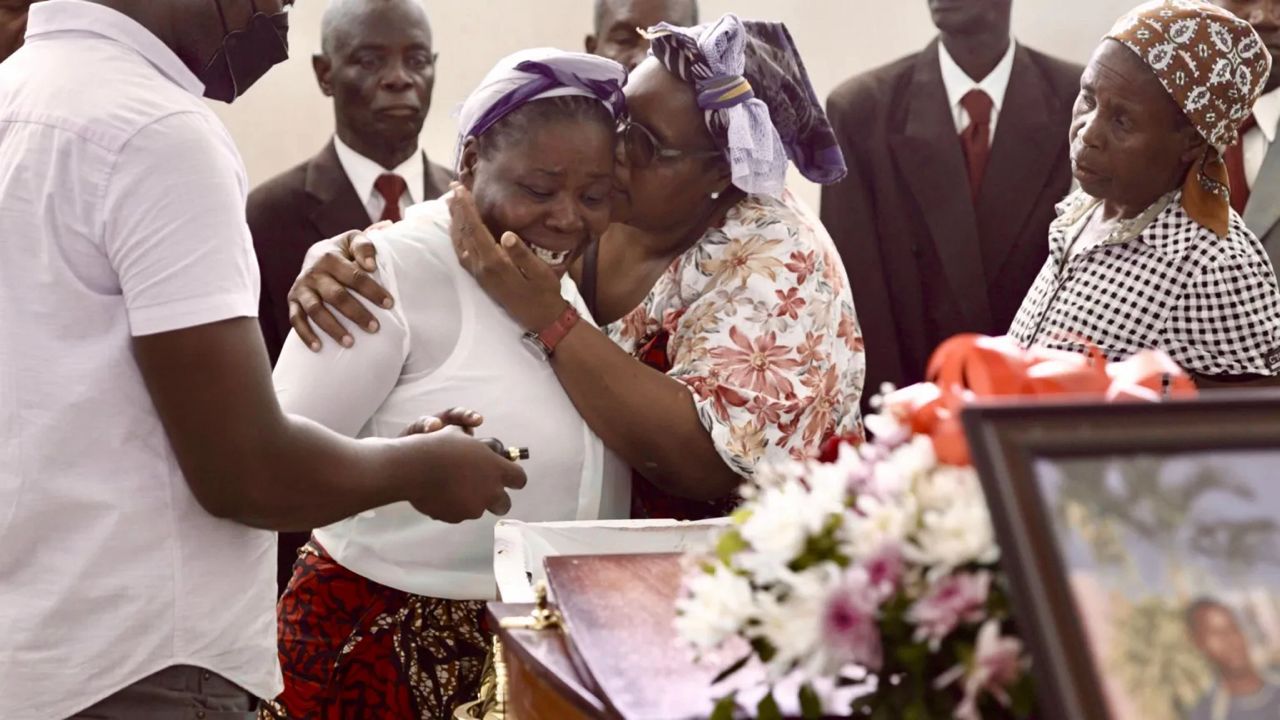Closed circuit television (CCTV) surveillance cameras were recently rolled out in a number of Windhoek suburbs to help combat crime.
CCTV surveillance cameras are commonplace and are often found in malls, at workplaces, private dwellings, on highways and in central business districts.
There’s also a growing network of CCTV systems driven mainly by public authorities, e.g. municipalities, government and business sector and private security companies.
CCTV surveillance is undoubtedly useful and contributes immensely to public safety and security, the protection of people and property and investigating crime.
However, some fear it could also erode people’s right to privacy; that it can be prone to abuse by the state, corporates and individuals in ways that increase the likelihood of interfering with the right to privacy.
Given the largely unregulated manner of the installations and the myriad number of players involved, it is difficult to estimate the number of CCTV systems in the country.
However, it is clear that it is expanding, predominantly because it is seen as an effective monitoring system and crime deterrent.
RIGHT TO PRIVACY
Privacy is a fundamental right and personal information is a core part of who we are as individuals and as citizens.
Under international law, the right to privacy is protected in the Universal Declaration of Human Rights (UDHR) and the International Covenant on Civil and Political Rights (ICCPR).
Unlike other rights contained in the ICCPR , the content and scope of the right to privacy has not been fully explored in terms of specific limitations.
While privacy is not clearly defined in these legal instruments, they do state: “No person shall be subjected to arbitrary or unlawful interference with his privacy, family home or correspondence nor to unlawful attacks on his honour and reputation.”
LEGAL FRAMEWORK
The first critical issue is whether information captured and stored by CCTV systems constitutes personal information, the collection of which would constitute interference with the right to privacy.
The common law position is that there is no reasonable expectation of privacy in public spaces.
However, when a CCTV surveillance systems collects, processes and stores personal information, there is a risk of exposing private personal information that could harm an individual’s reputation and image.
To balance CCTV surveillance needs with society’s right to privacy, legislation must be put in place to address concerns of potential abuse or misuse.
Arguably, there has to be a Code of Practice. Failure to comply with such a code does not make the responsible party liable to criminal or civil proceedings.
However, such a code is admissible as evidence in criminal proceedings and a court or tribunal may take into consideration the failure of the relevant authority to consider the code in determining liability in such proceedings.
At the heart of South Africa’s approach to CCTV are two pivotal pieces of legislation: The Protection of Personal Information Act (Popia) and the Regulation of Interception of Communications-Related Information Act (Rica).
While cameras can be used to improve security, monitor productivity and deter misconduct, there are also concerns about the impact on employee privacy and the potential for abuse.
Therefore, the Protection of Personal Information Act came into effect on 1 July 2020.
It also regulates the collection, storage and use of personal information as well as information collected through surveillance cameras in the workplace.
DATA PROTECTION
The Namibian Constitution enshrines the right to privacy under Article 13.
Apart from this, Namibia doesn’t yet have comprehensive legislation that directly provides for data protection, nor has it established a data protection authority.
There have been several attempts over the past few years to promulgate an Electronic Transactions and Cybersecurity Bill, but without success.
Yet, the Ministry of Information and Communication Technology has been developing a Data Protection Bill for some time now.
In February 2020, there was a multi-stakeholder consultation on the draft bill, with the support of the Council of Europe and the government published the draft in 2021.
Despite enormous demand and the need for the wider utilisation of CCTV cameras, surely a CCTV surveillance code of practice or legislation can be put in place before is too late.
It would appear that CCTV surveillance systems are being installed without clear guidelines on how to balance public safety and security imperatives with fundamental rights to privacy.
If CCTV surveillance systems are installed to protect the public, surely the public should have a say in a development that could affect their rights?
The right to privacy is an element of various legal traditions that aim to moderate state and private actions that might threaten individuals’ privacy.
Therefore, the government needs to double down and address the issue of norms, standards and compliance to protect the right to privacy.
*Major general JB Tjivikua served in the Namibian Police for 27 years.
Stay informed with The Namibian – your source for credible journalism. Get in-depth reporting and opinions for
only N$85 a month. Invest in journalism, invest in democracy –
Subscribe Now!






